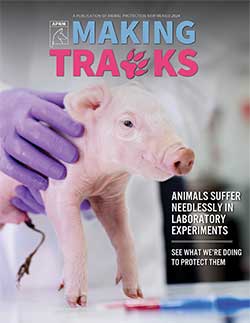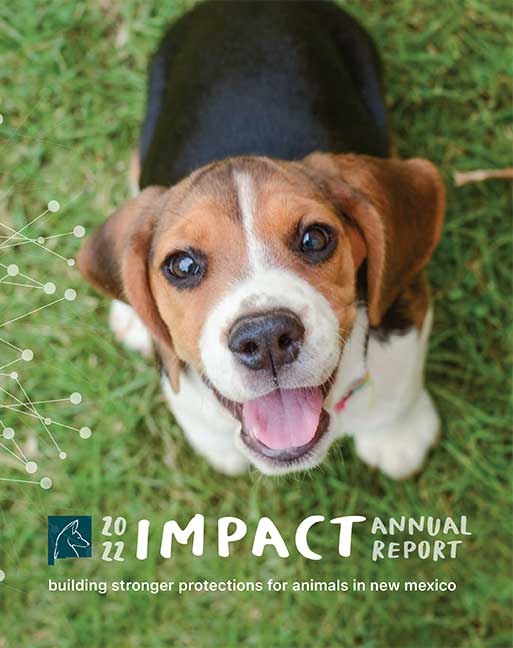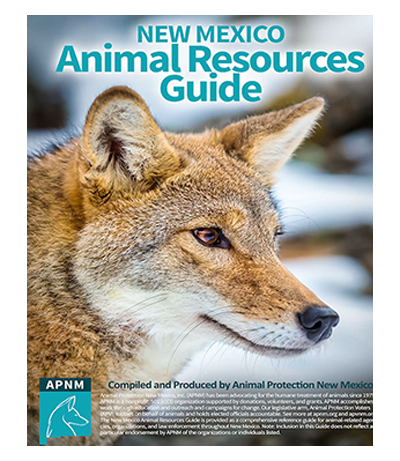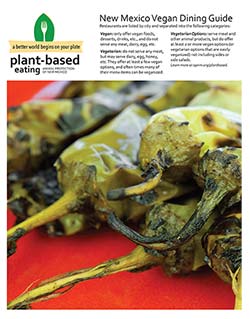- How to Advertise for a Good Home for the Animal
- How to write a DOG Ad
- How to write a CAT Ad
- Adoption Fees
- Screening People Calling for Cats or Dogs
- Additional Screening Questions Specific to Dogs
- Additional Screening Questions Specific to Cats
- Delivery & Follow-up Visits
Thank you for caring about animals and wanting them to have the best homes possible! By asking for this information, you have already shown that you are a very kind and compassionate person. We are grateful that you realize that just “getting rid” of an animal and passing that animal onto someone else without careful investigation can condemn the animal to an uncertain and sometimes brutal future. We hope that this information helps you properly re-home your companion animal or a stray animal.
How to Advertise for a Good Home for the Animal
Check with your local newspapers to see if they offer a low-cost advertising rate and consider making a personalized adoption poster for the animal in your care, for posting at neighborhood bulletin boards, at work, or in other locations where you may connect with caring individuals.
Once you place the ad, it is very important to make sure that you are available to answer telephone calls or emails that you will get and check your messages quickly. If a person contacts about your ad and gets no answer, they will likely continue to call other people who are advertising other animals.
How to write a DOG Ad
Try to include the following:
- Breed (if you know what the animal is crossed with, start out with the breed you think will market the best, ex. Collie/Shepherd cross)
- Sex (include spayed/neutered, if applicable)
- Approximate age and weight
- Say whether or not the animal is good with kids
- Say whether or not the animal is good with other animals
- Say whether or not the animal is housebroken
- Say whether or not the animal’s vaccinations are current
- Give special personality traits
- Give the animal’s colors
Example: Shepherd X, male, 1 1/2 yrs., approx. 45 lbs., housebroken, good w/kids, affectionate & loving, sweet personality. Shots current. Needs 5 ft. fence. $30. 505-888-8888.
How to write a CAT Ad
Try to include the following:
- Breed (if known)
- Sex (include spayed/neutered, if applicable)
- Special personality traits
- Whether or not vaccinations are current
- Colors and length of hair
- Whether or not the cat is litter box trained
Example: Cat, 2 yrs. white & grey, neutered male. Affectionate, sweet, good w/cats & dogs, all vaccinations up to date. Strictly inside. $30. Call 505-888-8888. Lv. msg.
Adoption Fees
We strongly recommend you charge an adoption fee for your companion animal to help ensure you find a committed adopter. In addition, you should conduct reference checks to help ensure a good home for the animal who is depending on you for a positive outcome.
Why “Free to Good Home” ads can endanger animals.
If you are thinking of offering your companion animal for free, there are some important things you should know:
- Class B animal dealers will often pose as loving adopters. Once in possession of the animal, they sell the animal to testing facilities at a profit. These ruthless dealers are especially attracted to “free” ads since it means they make a greater profit when reselling animals.
- Also, an adoption fee can be a way to screen adopters for their willingness and understanding of all that is necessary to provide humane care for a companion animal. Providing care involves costs such as food, supplies, veterinary care, and more. If someone is unwilling to pay even a modest adoption fee, they may not be willing to pay for the other things necessary in caring for an animal.
- Beware of people who pose as caring adopters to acquire dogs and use them as bait dogs in criminal dog fighting operations.
Screening People Calling for Cats or Dogs
First question to ask: Why are you interested in this particular cat /dog?
This encourages conversation and you will probably get more information than you expected. If you don’t get a good response, then this is a warning to go no further with this caller. AVOID people who want to get an animal as a gift for someone else, as people prefer to pick out their own companion animal since it is a very personal decision and a big responsibility involving many years of commitment to that animal.
Can they provide veterinarian contact information?
If the potential adopter is willing to provide you with the name and number of their veterinarian’s office, contact the office and ask for a reference. Be considerate and polite when asking for this information. Remember that the animal who you are trying to adopt out deserves a comfortable, safe home with guardians who will consistently show them compassion, respect, attention, and love. A positive reference from a veterinarian is one sign that the potential adopter may be a suitable home.
Do they have other companion animals?
If they do, find out how their other animals would relate to the new animal. Are all other animals spayed or neutered, vaccinations current, living inside or outside? What is the personality of their other animals? People like to talk about their animals – listen to their descriptions and listen to your own gut reaction.
Have they ever had a cat/dog before?
If yes, what kind of experience did they have? AVOID people who lost their previous animals due to neglect. If they have not had a cat/dog, why do they want one now? Do they know how to take care of a cat/dog? Do they plan to take the cat/dog to the veterinarian for vaccinations and check-ups annually?
Do they plan to have the animal spayed/neutered?
Of course, if you have already had the animal spayed/neutered, then you do not need to ask this question. But if you have been unable to get this done, make sure that the new owner definitely wants to have the animal spayed/neutered. Otherwise they will soon be faced with having to find homes for their own unwanted animals. Unfortunately, some animals are not even given a humane death and end up abandoned to starve or get run over by automobiles. Also be aware that some people think that they do not have to have male animals neutered because males don’t give birth. Yet a male animal can impregnate a different female every night of the week and end up contributing much more to the overpopulation problem than an unspayed female.
What will they feed the cat/dog?
Look for someone who will feed the animal a healthy food that is recommended by veterinarians.
How much attention will the cat/dog receive?
AVOID people who look upon companion animals as toys, ornaments, guards, alarm systems or rodent control instead of as living creatures needing care and attention. Both cats and dogs need and often crave human love and affection.
How will the person have their cat/dog cared for if and when they are out of town?
Often people do not think about how they will care for their companion animals if and when they have to be away from home. Look for someone who is willing to pay a housesitter/animal sitter while they are away. This is often the best situation for the animal because the animal does not have to leave the safety and familiarity of the home.
Are there children in the household?
If there are children in the household, ask if they have been taught to respect and be kind to animals. Do not place an animal in a household where children are allowed to torment and taunt animals.
What is the family’s schedule like?
If the entire family is away all day, most of the evening, and away many weekends, it is unlikely that the animal is going to get much attention, love and exercise.
Additional Screening Questions Specific to Dogs
What type of yard do they have?
It is best to adopt the animal to someone who has a fenced or walled-in yard. This will allow the animal some freedom and will reduce their boredom. Do not adopt the animal to someone who will allow the dog to roam free (it is dangerous for the animal, and illegal) or someone who will chain the dog.
How high is the fence or wall?
A medium to large dog needs a fence five-feet high or more. A small dog (under 20 lbs.) probably only needs a fence four-feet high. If it is a walled-in yard, ask if there are any low spots in the wall.
Is there adequate shade and a doghouse?
Make sure that both adequate shade AND a doghouse will be provided if the dog will be left alone outside for any amount of time. In the summer, a doghouse can be just like an oven, so the dog should have a shaded area that is cooled by a breeze. Doghouses must be weather-proof, structurally sound and dry, and preferably insulated from the heat and cold. Make sure that if the dog cannot go in the owner’s house during the day in the winter, that the dog has an insulated doghouse to be in during the day, with straw bedding, not cloth which gets wet and freezes and provides no comfort for the dog.
Where will the dog sleep at night?
Do not adopt the dog to someone who will not let the dog sleep inside at night if the dog wants to. Although some dogs may prefer to sleep outside, the dog should have a choice. Since dogs are den animals, mostly they prefer to be in the house “den” with their humans.
Additional Screening Questions Specific to Cats
Can they accommodate the needs of an indoor only cat?
In general, cats will be healthier if they are kept indoors exclusively, and you should not adopt a cat to someone who will leave the cat outdoors exclusively. New Mexico’s climate is simply too harsh for animals to be outside all the time.
Do they plan to declaw the cat?
If not already declawed, AVOID those who want to declaw the cat, especially if the cat is already mature. Declawing is not only physically painful, but emotionally traumatic, affecting a cat’s natural, graceful balance and ability to jump, run and climb. If someone wants a cat without claws, perhaps they can look for one that is already declawed and needing a home. Also, if they do not plan to have the cat declawed, make sure they will accommodate the cat’s natural desire to scratch (by providing a scratch post, for instance).
Delivery & Follow-up Visits
Once you feel comfortable that you have found a good potential home for the animal you are trying to place, insist on scheduling a few visits with the new potential adopters before making the decision. ALWAYS deliver the animal to the new home yourself instead of letting the new owner just pick up the animal from you. That way you get to actually see and confirm the living conditions that have been described to you over the telephone. You may be surprised to see that the living situation for the animal is not as good as it sounded. If the home is as you expected, schedule an immediate follow-up visit as early as within one to two days of the adoption. Then schedule other follow-up visits within a week of the first visit and then within a month of that visit. If there are any significant issues regarding the adoption, they will probably be obvious within the first week. Therefore, make sure that you make yourself available to the new owners in case they need to contact you about the animal. Also be sure to give the new owners any of the animal’s veterinary records that they might need. Upon delivery of the animal, you can ask for payment as agreed previously.
To help the owners understand that adopting the animal is a long-term responsibility, it may be helpful to have them agree to fill out an adoption contract.









